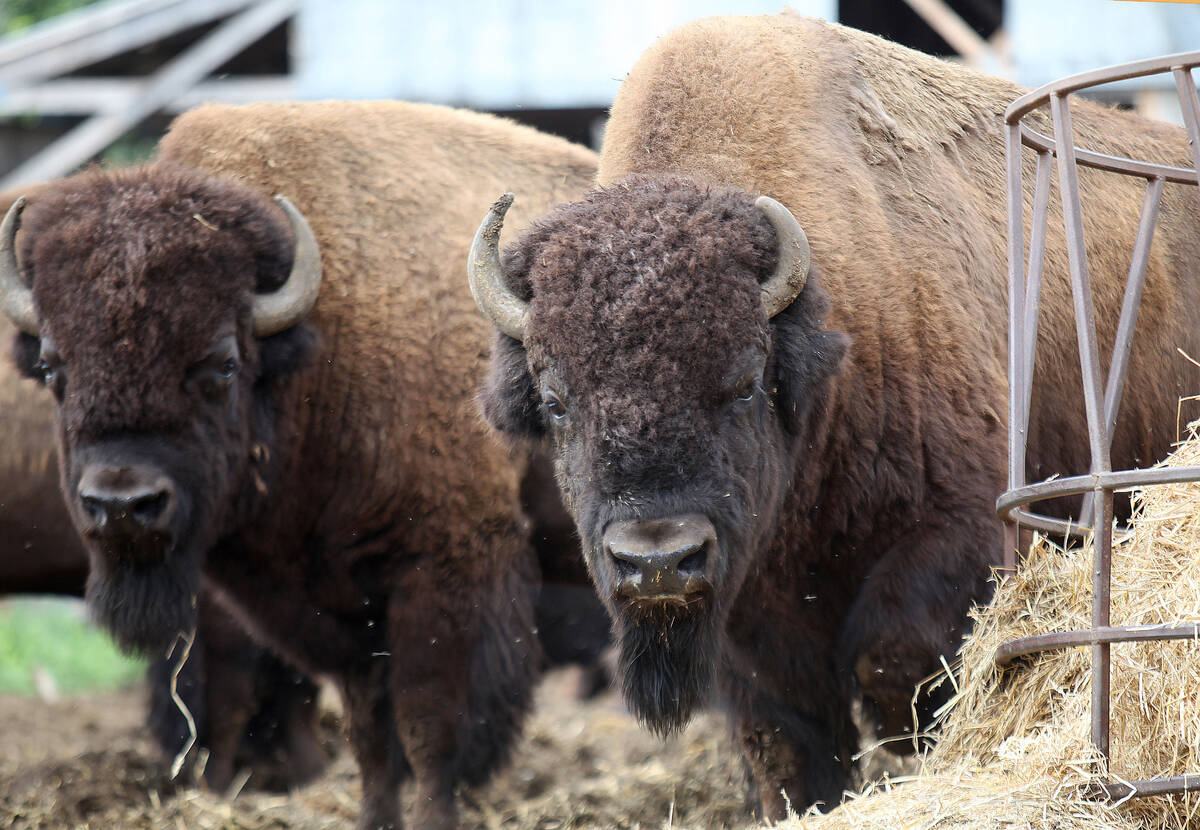When groups of people are perpetually set against each other, there is a real danger that those divisions will take on lives of their own and prevent all sides from getting anything done.
Politicians constantly divide the population in ways that help them chart a path to power. Divisive politics work.
The Alberta and Saskatchewan governments gain support though rhetoric about western alienation.
Prime Minister Justin Trudeau leveraged this division when he said during a leaders debate in this fall’s federal election that Canada has to stand up to the “oil barons” on climate change, leaving prairie folk opposed to the carbon tax wondering who exactly he was referring to.
Read Also

Reconciliation and farming require co-operation to move ahead
Indigenous communities in North America were cultivating crops such as potatoes and corn long before anyone from Europe had heard of the crops.
It’s time for all sides to compromise and heal this relationship because Canada needs to have a united front to address serious national threats, such as the unhinging of our most important trading partner, the rise of protectionism around the globe, the return of great power politics and climate change.
The federal government should offer further support for prairie economies to reduce their carbon footprint, including for farmers, even if it’s within a carbon tax framework.
Prairie provincial governments should develop tougher carbon policies that demonstrate they understand the gravity of the climate crisis.
There are signs the Alberta and Saskatchewan governments are in danger of overplaying their hands when it comes to leveraging the alienation felt in the West. Other western political organizations will be happy to have a stronger relationship with Ottawa.
Prairie-based producer groups already have relationships with federal departments that skirt provincial jurisdiction, and the Western Canadian Wheat Growers Association recently asked the federal government for a carbon tax exemption for grain drying.
The Western Canadian Municipal Association recently submitted a wish list for the 2020 federal budget, including more say on infrastructure funding and receiving more revenue from the federal cannabis excise tax.
If the federal government pulls out the chequebook to address priorities for prairie municipalities, cities and producer groups, provincial authorities could be on the outside looking in on important policy decisions.

















